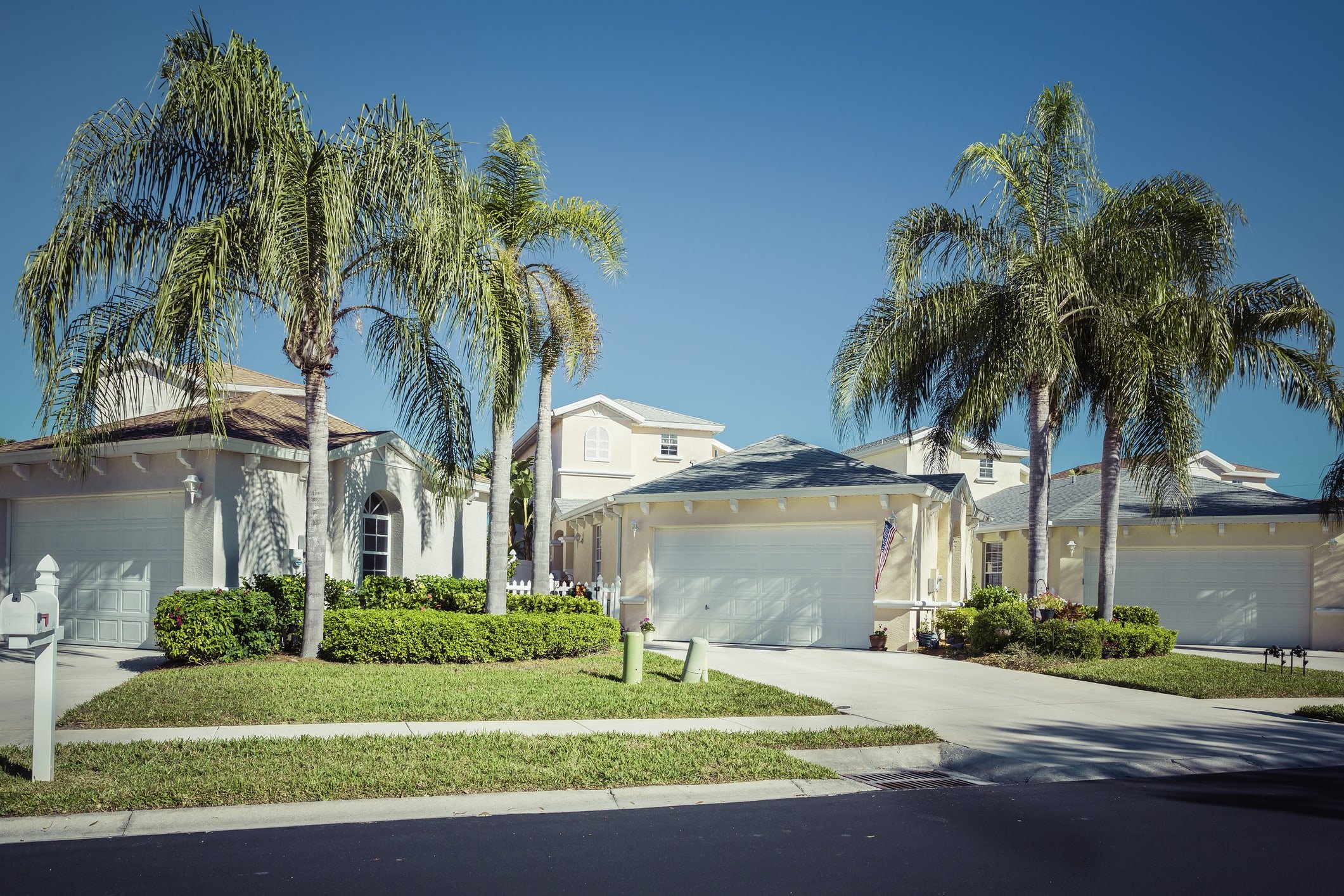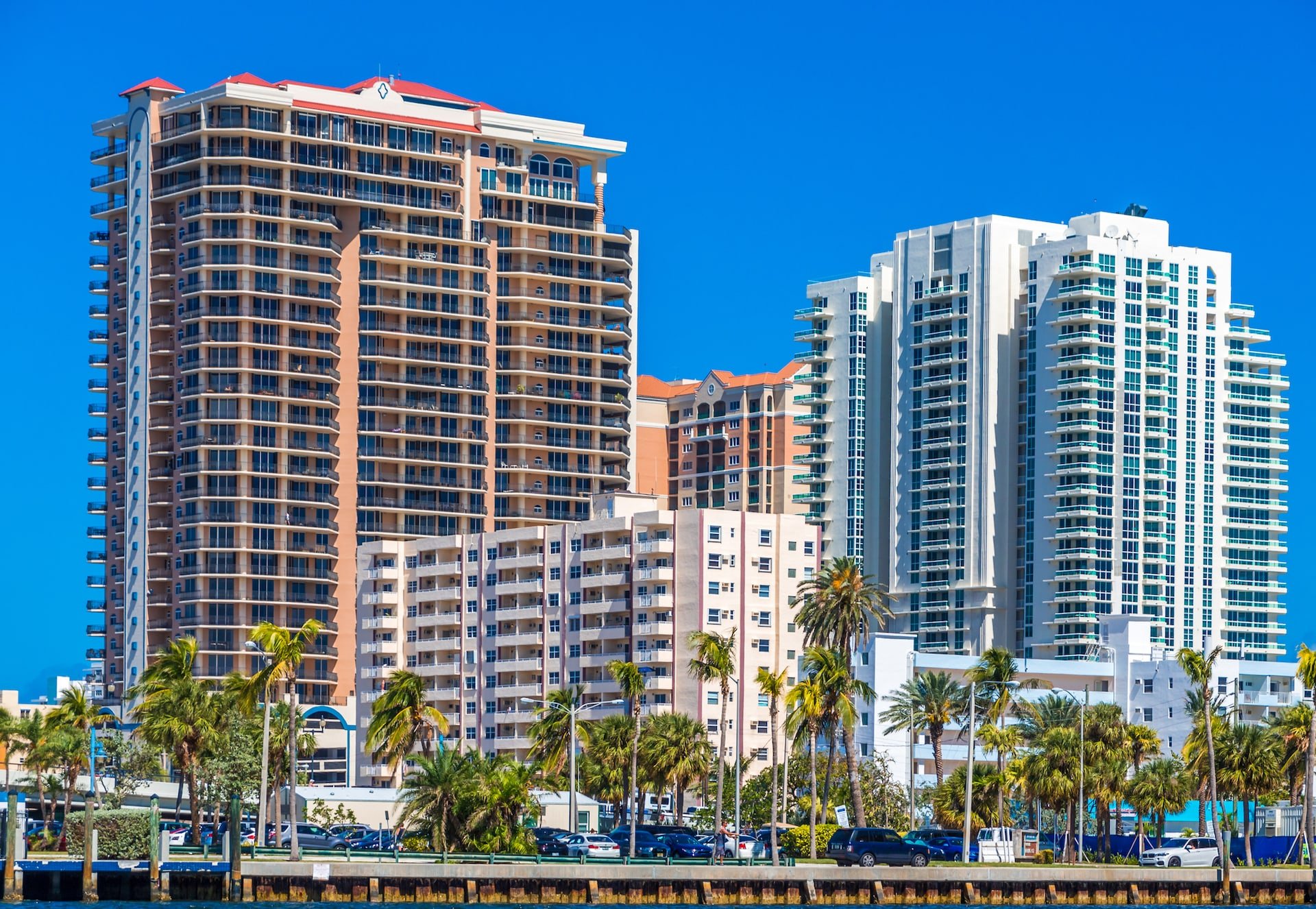Exit Strategies for Foreign National Hard Money Loans
You're a foreign national searching for a hard money loan to purchase U.S. property. Before you get any further, you need to work through multiple...

Foreign national hard money bridge loans are short-term mortgages available to non-U.S. citizens to purchase or refinance real estate in the United States. These loans are typically used to quickly close on a property or refinance equity from one investment property for a down payment on a new property.
Foreign national real estate investors use hard money bridge loans for the following situations:
Here is a blog I wrote on why people use hard money loans, which details 20 different scenarios where First Capital Trust Deeds (FCTD) worked with borrowers to secure financing. At FCTD, we’ve handled numerous situations where hard money financing is the best solution to solve a specific problem.
As I mentioned above, hard money loans carry higher interest rates than bank loans. This is on top of the approximately 1.00% higher interest rates for foreign national bank loans, as I wrote in this article.
Closing costs will vary depending on the unique circumstances of the transaction. The main factors determining pricing are:
If you’re a non-U.S. resident and need to use a foreign national hard money bridge loan to purchase or refinance an investment property in the United States, you’ll want to have your financial documents organized for your broker or lender. This includes your citizenship and employment information, bank statements, investment accounts, schedule of real estate, budget, exit strategy, property insurance, and more. The better organized you are prior to applying for a hard money bridge loan, the smoother the qualifying process. Make sure to save your documents to your computer or a cloud storage account, so you can quickly send information upon request.

You're a foreign national searching for a hard money loan to purchase U.S. property. Before you get any further, you need to work through multiple...

An ITIN mortgage is a mortgage loan available to foreign nationals who have an Individual Taxpayer Identification Number (ITIN). An ITIN is issued by...

At First Capital Trust Deeds, we run background checks to underwrite private money and hard money loans, especially when working with a new borrower...